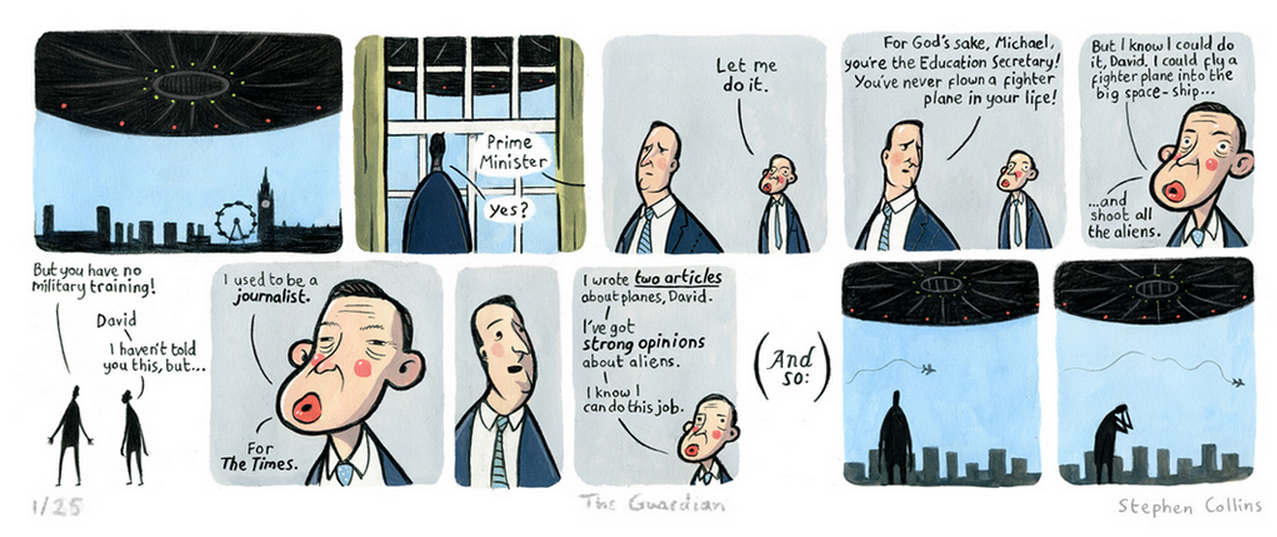"
Their findings of their assessments suggest that contrary to belief, there were little difference between the intelligence of neurosurgeons, aerospace engineers and the general population.
Aerospace engineers and neurosurgeons were equally matched. However, aerospace engineers scored higher when assessed on their attention and mental manipulation abilities, whereas neurosurgeons were better at semantic problem solving, such as defining the meaning of rare words.
Comparing their results to the general population, aerospace engineers did not show significant differences in any areas.
Neurosurgeons were able to solve problems faster than the general population but showed a slower memory recall speed.
"These results suggest that, despite the stereotypes depicted by the phrases 'It's not rocket science' and 'It's not brain surgery', all three groups showed a wide range of cognitive abilities," researchers said.
"It is possible that both neurosurgeons and aerospace engineers are unnecessarily placed on a pedestal and that 'It's a walk in the park' or another phrase unrelated to careers might be more appropriate," they concluded.
"Other specialties might deserve to be on that pedestal, and future work should aim to determine the most deserving profession."
Researchers also said they hoped the findings would help dispel the misconceptions surrounding the perceived difficulty and skillset required for both professions - which are also seen traditionally as "masculine" disciplines.
"Our results highlight the further efforts required to widen access to these specialities to mitigate impending staff shortages and ensure a diverse workforce to drive future innovation," they said.
The study, published in the BMJ, was approved by the University College London research ethics committee and supported by the Society of British Neurological Surgeons and the UK Space Agency.
"






